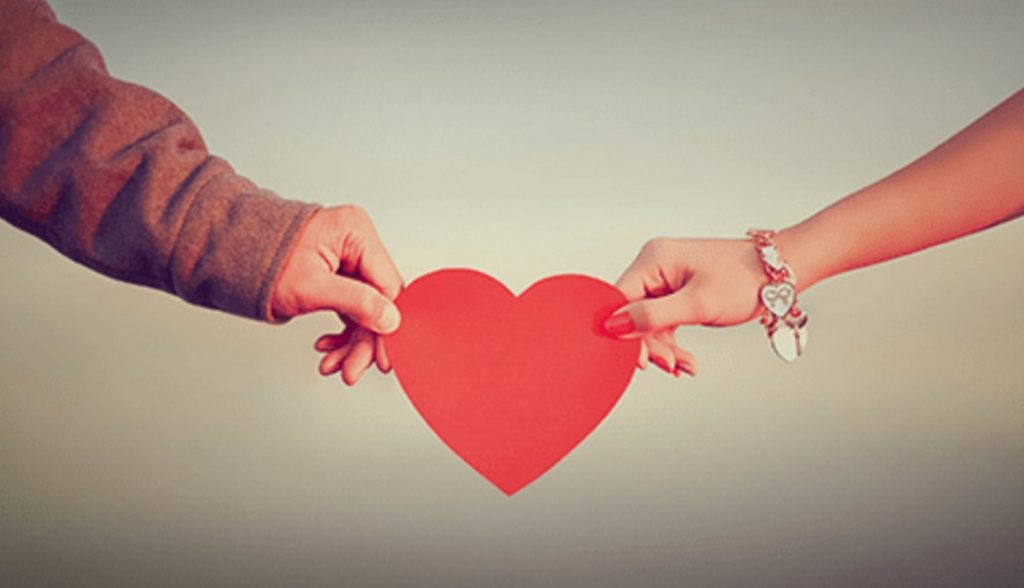Love is the key to happiness, why does it last for some and not for others? There are two types of love: companionate and passionate. Some of us are in love with more than one person, and other people experience a mixture of both. But for those of us who don’t, love is an elusive thing. And the question of why love lasts for some people and not for others is more complex than it seems.
Biologically-defined
There is a biological basis for love. This bidirectional, dynamic process cannot be induced on its own. It is only possible when two people form a physical connection. It includes mirror neurons, oxytocin, and vagal tone, all of which contribute to the micro-moments of positive resonance that define love. The body craves this experience, and is constantly in response to its absence.
A common argument for love is that it is a response to the parental stimulus. Many studies indicate that we have an emotional attachment to animal-like creatures, such as infants and children. However, the biological definition of love is less clear. It has been suggested that our attachment to animals resembles ours through biases that we may have. However, this doesn’t explain why we feel love for dogs even when they cause us harm.

Biologically-defined reasons why love last for some and not for others is based on how we perceive the other’s characteristics and behavior. This demonstrates how biological love can serve as an emotive moral compass. While it helps us to make decisions based on our own needs and desires, it also strengthens our anthropocentrism, which holds that human interests always triumph over other species.
Biologically-defined phases of love
The three main biologically-defined phases of love are attraction, attachment, and eroticism. These stages are similar in purpose and can be correlated with the evolutionary impulse to reproduce. In the attraction phase, dopamine and norepinephrine are the dominant hormones that contribute to feelings of elation and energy. In the attachment phase, hormones such as oxytocin and vasopressin stimulate emotional bonding in long-term relationships. While these three biologically-defined phases of love are easier to define, they still represent three distinct emotional stages.
When we fall in love, our brain responds by producing high levels of dopamine. The brain produces this chemical to reward our attention and regulate our feelings. It is essential for controlling our emotional responses and determining our level of pleasure and pain. Increased dopamine levels in the brain explain how we become so attached to a partner, including our desire to create lasting bonds with them and to nurture the attraction we already have.
The early stages of “true love” are characterized by an effortless and complex pantomime of hormones and physiological interactions. They are little wonders of the world. But we may not understand them. So, the next time you fall in love, think about the early stages. They are the easiest to describe. And the most beautiful. And the best part? Biologically-defined phases of love correspond to the early stages of love.
Despite these logical implications, the study of love offers an important insight into how social bonds form in humans. Using animal models can help scientists draw parallels between ancient physiology and human social behaviour. For instance, studies of socially monogamous mammals help scientists understand the biological mechanisms of human emotional attachment. As a result, the study of love can help explain how our minds develop, as well as the physiology behind it.

Biologically-defined phases of companionate love
The attachment system, also known as a mating drive and a basic brain system, enables both humans and animals to develop a sense of closeness. This attachment system involves several fundamental elements including mutual feeding and territorial defense. It also involves feelings of deep attachment, social comfort, and neuropeptides called oxytocin. It was originally evolved to help us complete our parental duties. The attachment system is also the basis of romantic love.
In a cross-cultural study, researchers concluded that sudden passion with immediate commitment is common among humans, and that it may have a biological basis. They assessed 166 human societies in six world regions, and found that the incidence of romantic love was 88%, ranging from 77% in Africa to 96% in the circum-Mediterranean zone. However, the authors did not measure the frequency of romantic love, which suggests that the underlying structure of enduring love may be different from that of initial love.
Although oxytocin is not a chemical equivalent of love, it is an important component of the body’s complex neurochemical system that allows it to respond to various emotional states and forms of human social behaviour. It is also important to note that oxytocin receptors do not remain static; they are constantly changed by other hormones, epigenetic factors, and life experiences. That is why it is important to understand the biochemistry of love and the role of these chemicals in the human brain.
Biologically-defined phases of empty love
When people experience intense and passionate love, their brains respond to images of their beloved with chemicals called dopamine. Dopamine is a neurotransmitter responsible for feelings of elation, pleasure, and even pain. Increased dopamine levels in the brain account for focused attention on the new person and the desire to pursue that person in order to gain its pleasure. This hormone is also responsible for the high that people experience when they are in love.
A study by anthropologists found that romantic love was associated with elevated nerve growth factor and substantial neurobiological activity. The findings suggest that these two processes are associated with deep attachment. However, this doesn’t mean that both romantic and sexy love are equal. Rather, they are distinct stages of a relationship. And while the early stages of love are “the best days of a person’s life,” they are not necessarily the best times to get married or marry.